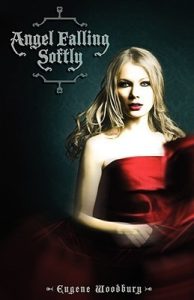Jasmine or honeysuckle, if you’re offering. Lavender and gardenia make my nose itch.
THE JEWEL OF MEDINA
by Sherry Jones
A resident of the Ivory Tower, who apparently called dibs on A’isha (child bride of Muhammed) as her personal and exclusive domain of study and forgot to send the memo, raised a ruckus about a book she didn’t like and managed to get Random House to pull it after the author had been paid her $100k advance and the presses were rolling. I say it’s an academic hatchet job.

 Late to the party, as usual. LibraryThing has been on my to-do list forever, and I finally
Late to the party, as usual. LibraryThing has been on my to-do list forever, and I finally  Angel Falling Softly
Angel Falling Softly Phyllida and the Brotherhood of Philander
Phyllida and the Brotherhood of Philander